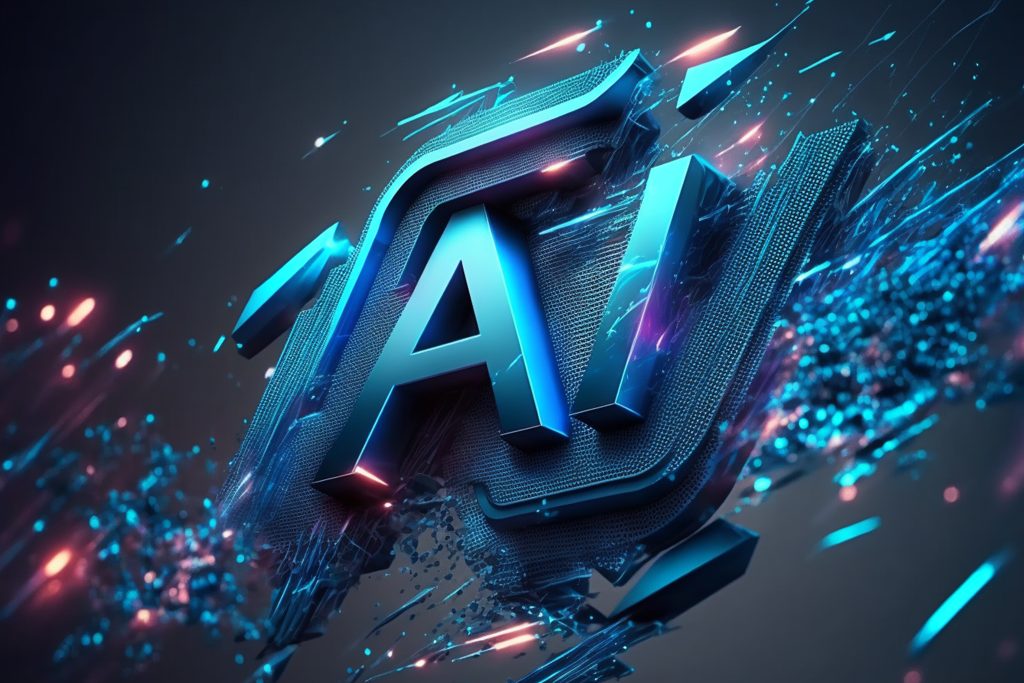California’s AI regulation bill sparks industry backlash
AI startups and major tech companies oppose the bill, arguing for federal-level regulation with clearer guidelines.

California has become the focal point in the debate over regulating AI as a new bill, SB 1047, advances through the state legislature. The bill, which has drawn significant opposition from AI startups and tech giants, proposes safety measures for large AI models to prevent ‘catastrophic harm,’ such as cyberattacks or mass casualties. The legislation would require developers to conduct safety tests and ensure that humans can shut down AI systems if they pose a danger.
Critics argue that the bill needs to be more specific and could stifle innovation in California. Opponents, including major companies like Meta, OpenAI, and Google, have voiced concerns about the bill’s broad and undefined requirements. They fear it could lead to legal uncertainties and discourage the public release of AI models, harming the state’s vibrant tech ecosystem.
The bill has already passed several legislative hurdles but faces strong resistance as it moves toward a final vote. While its author, Democratic state senator Scott Wiener, is open to amendments, he maintains that the bill aligns with safety standards already adopted by the industry. However, many in the tech community still need to be convinced, citing potential legal and operational challenges if the bill becomes law.
Why does this matter?
The outcome of this legislative battle could have far-reaching implications for AI regulation across the United States, as California often sets the precedent for other states. As the debate continues, the tech industry is closely watching how the state will balance innovation with the need for safety and regulation in the rapidly evolving field of AI.
